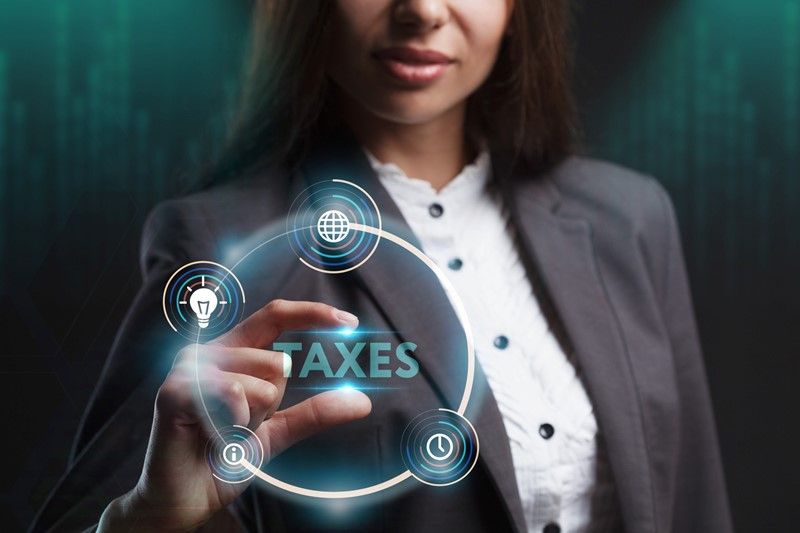VAT – digital record keeping
HMRC requires businesses to maintain accurate VAT records to ensure correct tax payments. While all businesses must retain general records (such as invoices, bank statements, and receipts), a key requirement under the Making Tax Digital for VAT initiative is keeping specific VAT records digitally.
Businesses must maintain digital records of VAT charged and paid, including:
- The VAT on all goods and services that are sold (supplies made) and purchased (supplies received).
- The time and value of each supply (excluding VAT).
- Any adjustments made to VAT returns.
- Reverse charge transactions.
- VAT accounting schemes used.
- Daily gross takings when using a retail scheme.
- Items where VAT has been reclaimed for Flat Rate Scheme users.
- Total sales and VAT on those sales for those trading in gold and using the Gold Accounting Scheme.
Digital records must be kept using compatible software or spreadsheets that can connect directly with HMRC systems. Where multiple software tools are used, they must be linked digitally, manual transfer of data or ‘copy and paste’ is not allowed. Digital links can include formulas in spreadsheets, imports/exports of XML or CSV files, or uploading/downloading data.
Businesses must start keeping records from the moment they register for VAT and retain them for at least 6 years (10 years if using certain VAT schemes). Exemptions apply only to specific entities, like government departments or those eligible for an exemption from keeping digital records.




